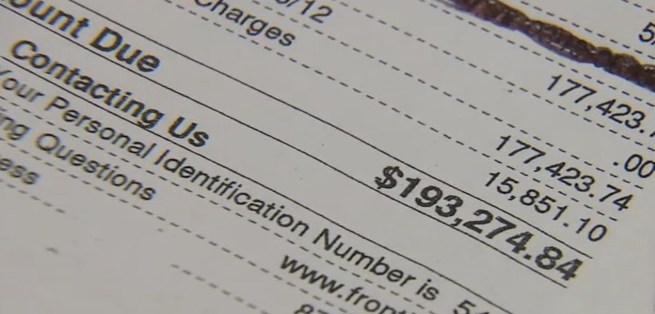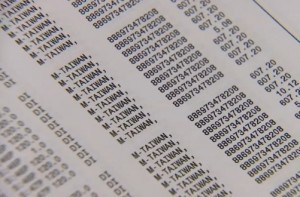 By 2050 Australian consumers will need a monthly data allowance of more than 100,000 gigabytes to sustain what will, by then, be considered average use of the Internet.
By 2050 Australian consumers will need a monthly data allowance of more than 100,000 gigabytes to sustain what will, by then, be considered average use of the Internet.
That finding comes in a report, “A Snapshot of Australia’s Digital Future to 2050,” which is measuring the impact of the country’s transformation to a ubiquitous fiber to the home broadband experience for the majority of Australian consumers and businesses.
Australia and New Zealand are both embarked on a transformative effort to rid themselves of slow speed, copper-based broadband networks. Both are rolling out a combination of fiber to the home service in urban and suburban areas, and fixed wireless networks in rural areas.
The South Pacific region could soon become a global broadband leader for innovation in high speed applications development because neither country will be constrained by broadband networks that deliver the least amount of broadband service for the highest cost.
The report predicts super-fast broadband will literally transform society in Australia, with traditional media as relevant tomorrow as a buggy whip is today.
Market researcher IBISWorld says newspapers, television, radio and the record and film industries are destined for the scrap heap in a new digital world.
The report also predicts the traditional understanding of employment may also radically change, with citizens acting as free agents, pursuing work on individual projects for a variety of employers, leveraging broadband to learn what tasks need to be performed each day. Work will be performed in home offices or on the go using the country’s broadband network.
Universal high speed broadband will transform the information and communications technology sector into a $1 trillion business by 2050 — in Australia alone, predicts the report.
Australia’s PM radio program explores how life in the country will change over the next 38 years with fiber optic broadband a part of virtually everyone’s life. (June 14, 2012) (4 minutes)
You must remain on this page to hear the clip, or you can download the clip and listen later.


 Subscribe
Subscribe






